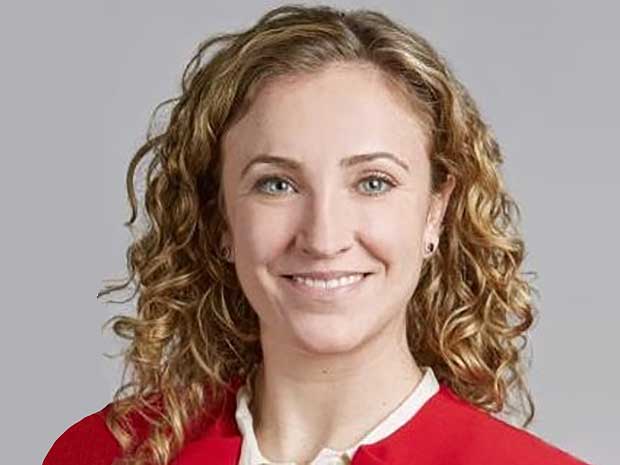Executive summary
Transitional rules released for applicable entities making an elective payment election under section 6417
The Department of Treasury (Treasury) and the IRS have released Notice 2024-9 (Notice). The Notice provides transitional rules for Applicable Entities making an elective payment election under section 6417 to claim the statutory exceptions to phaseouts for clean energy credits in the event domestic content requirements are not met. The transitional rules apply to projects where construction begins before Jan. 1, 2025. Treasury and the IRS have requested comments on future regulations that would apply to projects where construction begins on or after Jan. 1, 2025. “Applicable Entities” are generally tax-exempt organizations, state and local governments, Indian tribal governments, Alaska Native Corporations, the Tennessee Valley Authority or rural electric cooperatives. See IR-2023-252.
IRS issues guidance on statutory exceptions to domestic content requirements
The Inflation Reduction of Act of 2022 (IRA) amended the production tax credit under section 45, along with the investment tax credit under section 48, requiring, in part, that taxpayers must satisfy domestic content requirements to receive bonus credit amounts with respect to qualified facilities and energy projects placed in service after Dec. 31, 2022. The IRA also added the new clean energy production credit under section 45Y and new the clean electricity investment credit under section 48E, which provide similar domestic content requirements for bonus credit amounts. On May 12, 2023, Treasury and IRS released Notice 2023-38 to assist taxpayers in determining which energy projects and facilities qualify for the domestic content bonus tax credit. New Treasury guidance on IRA domestic content rules (rsmus.com).
For Applicable Entities making an election under section 6417, the amount of a credit under sections 45, 48, 45Y and 48E will be replaced by the value of the credit multiplied by the applicable percentage. See RSM’s prior alert on the direct pay election under section 6417 IRS and Treasury release guidance on the monetizing energy credits (rsmus.com).
The applicable percentage is 100%, thus preserving the full credit, if the qualified facility of an Applicable Entity meets one of these two requirements:
- Satisfies the domestic content requirements as set forth in Notice 2023-38, or
- Has a maximum net output of less than 1 megawatt.
If the qualified facility of the Applicable Entity does not meet one of these two requirements the applicable percentage may be reduced to 90% unless one of the following applies:
- Construction of the facility began before Jan. 1, 2024
- If construction begins in calendar year 2024 or later:
- The inclusion of steel, iron or manufactured products which are produced in the United States increases the overall cost of construction of qualified facilities by more than 25% (Increased Cost Exception); or
- Relevant steel, iron or manufactured products are not produced in the United States in sufficient and reasonably available quantities or a satisfactory quality (Non-Availability Exception).
The Increased Cost Exception and the Non-Availability Exception are only available to Applicable Entities.
Notice 2024-9
Treasury and IRS released Notice 2024-9, which announced transitional rules for Appliable Entities claiming the Increased Cost Exception and/or the Non-Availability Exception. The transitional rules apply to an energy property or qualified facility if construction begins before Jan. 1, 2025. Under the Notice, an Applicable Entity will need to attest, under penalties of perjury, that it has reviewed the requirements for the Increased Cost Exception and the Non-Availability Exception and has made a good faith determination that the qualified facility, energy project or qualified investment with respect to a qualified facility or energy storage technology, qualifies for either or both, exceptions.
Treasury and the IRS have also requested comments regarding the Increased Cost Exception and the Non-Availability Exception for projects that begin construction on or after Jan. 1, 2025. These comments will help develop future proposed regulations for projects that start construction on or after Jan. 1, 2025. Comments must be submitted by Feb. 26, 2024.
Washington National Tax takeaways
Applicable Entities evaluating energy credit projects should be mindful of these transitional rules. Without proper documentation supporting start of construction, the Increased Cost Exception and/or the Non-Availability Exception, the credit could be reduced. The attestation described in Notice 2024-9 must be signed by a person with legal authority to bind the Applicable Entity and must be attached to an applicable form required to be filed as part of the elective payment election. Given that elective payment elections under section 6417 are expected to be closely reviewed by the IRS, as they provide a payment directly to the Applicable Entity, careful review and documentation of the Increased Cost Exception and the Non-Availability Exception should be completed for projects where construction begins in 2024 or later. Taxpayers interested in submitting comments for projects commencing construction on or after Jan. 1, 2025 should do so as soon as possible.
For more information, please consult with your RSM US LLP tax advisor.


